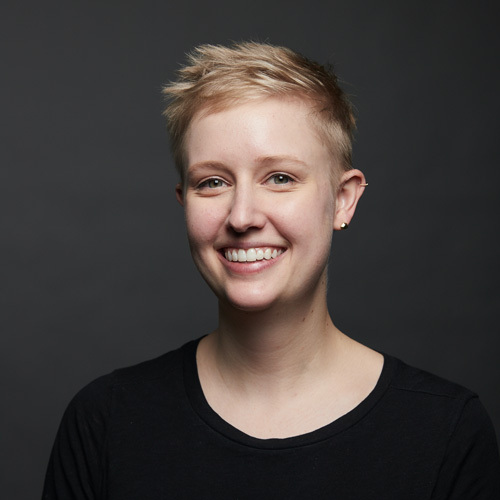When General Motors announced in June it would pull significant business from McCann Worldgroup, the move raised questions about the Interpublic Group network’s future in Detroit. It did not help soothe Motor City anxieties when Chevy-dedicated shop Commonwealth/McCann in August confirmed 56 layoffs in its downtown Detroit office and CRM agency MRM later stated it would eliminate 123 positions at its Birmingham, Michigan office.

September 27, 2024 09:00 AM
Featured Stories
Inside McDonald’s global marketing playbook
Global CMO Morgan Flatley on the fast-food giant's international marketing approach and how it is responding to consumer trends and “fan truths.”
Latest News
Staying current is easy with newsletters delivered straight to your inbox.
Staying current is easy with newsletters delivered straight to your inbox.










